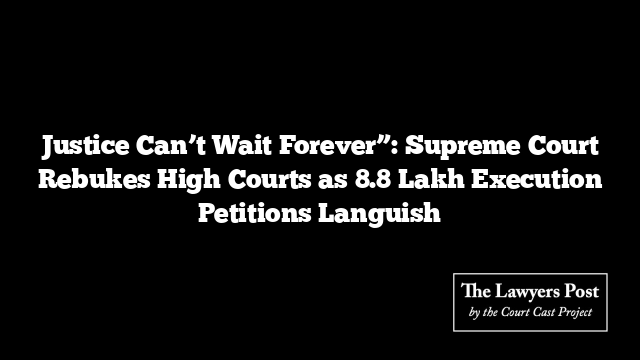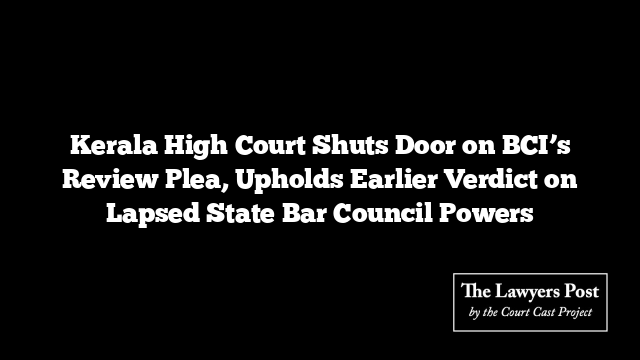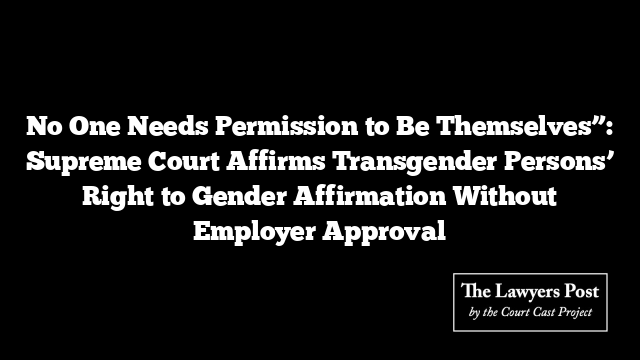The Supreme Court has delivered a sharp rebuke to High Courts nationwide after learning that over 8.8 lakh execution petitions—cases meant to enforce decrees already won—remain unresolved despite clear directions for swift disposal.
A Bench of Justices JB Pardiwala and Pankaj Mithal expressed “deep disappointment” over the alarming backlog, remarking that justice delayed at this stage borders on mockery. “If it takes years to execute a decree, it is nothing short of a travesty of justice,” the Court observed.
The Court noted that though 3.38 lakh execution petitions have been cleared since March, the scale of pending matters continues to cripple the judicial system. Maharashtra alone accounts for 3.4 lakh cases, followed by Tamil Nadu (86,000), Kerala (83,000), Andhra Pradesh (68,000), and Uttar Pradesh (27,000)—numbers that, in the Court’s words, “betray the intent” of its previous orders.
The disquiet grew sharper when the Bench discovered that the Karnataka High Court had failed to submit any data at all. The Registrar General has been ordered to explain this lapse within two weeks.
Earlier this year, while concluding a four-decade-old property dispute, the top court had mandated that all High Courts must ensure execution petitions are cleared within six months and that officers failing to comply would face administrative accountability.
Finding these directions largely unheeded, the Court has now extended the compliance window by another six months, directing all High Courts to actively monitor their district judiciary and create effective systems for decree enforcement.
Reiterating that justice loses meaning if its fruits remain out of reach, the Bench has scheduled the next review of the matter for April 10, 2026, by which time updated reports on pending and disposed execution petitions must be filed.
“Justice must not end with a decree—it must be lived through its enforcement,” the Court’s tone made clear.





